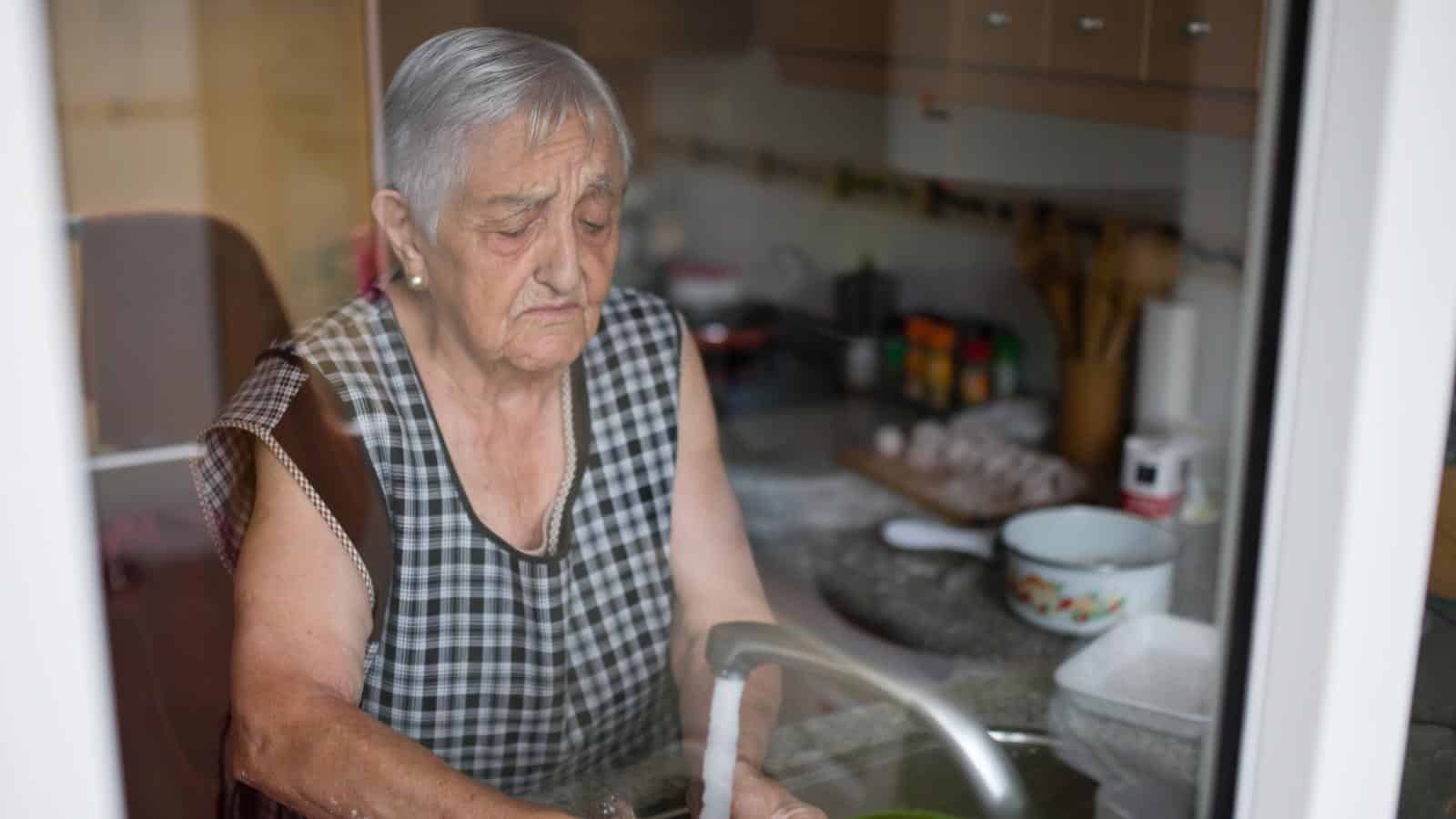For older couples, the reasons for splitting can vary widely, whether it’s gradual emotional drifting or the significant life changes that are bound to happen at this later stage in your journey. Let’s take a look at the most common reasons why long-term partnerships sometimes reach their breaking point, so you know what to watch out for.
Drifting Apart Over Time

Life’s demands, career changes, family responsibilities, and even hobbies can shift priorities, so what once brought a couple together—shared dreams or mutual goals—may no longer align. This slow drifting apart often feels subtle at first, but as the years pass, the emotional distance grows.
Lack of Communication

As we know, communication is the foundation of any relationship, but as years pass, it’s easy to fall into patterns of silence or avoidance. Long-term couples may stop sharing their innermost thoughts, either because they assume their partner already knows them or because it feels easier not to discuss certain topics.
Financial Strain

Money troubles can be a thorn in any marriage, but for older couples, financial stress often takes on new dimensions because of them approaching retirement age. Disagreements about spending priorities can expose deeper incompatibilities.
Infidelity

While infidelity is often associated with younger couples, it can be just as common in later years, as sometimes, an affair stems from a desire to recapture lost excitement. For others, emotional or physical infidelity may be an escape from problems they feel can’t be fixed within the marriage.
Retirement Adjustments

Often seen as a time for relaxation and enjoyment, retirement can also bring unexpected challenges after years of structured routines and time apart during work hours. This means that couples suddenly find themselves spending nearly every moment together, and for some, it highlights unresolved tensions.
Empty Nest Syndrome

The daily conversations about school runs and family dinners are replaced with silence when children leave home. For some, the absence of that shared responsibility magnifies other issues that were easier to ignore when life was busier, making it harder to rekindle intimacy.
Health Issues

When one partner becomes a caregiver, the dynamic in the marriage can shift dramatically; resentment and guilt can creep in, especially if the caregiving role is unbalanced or unappreciated. On the other hand, some couples struggle with how to cope when both partners face declining health.
Unresolved Past Conflicts

Every couple has arguments, but not every couple resolves them, and over the years, unresolved conflicts can pile up. What might have seemed minor in the moment can take on greater significance when viewed through the lens of decades of frustration.
Different Lifestyle Goals

One partner might feel a newfound urge to explore the world, take on new hobbies, or embrace a more active lifestyle, while the other might prefer a quieter, simpler routine. These opposing desires can make it hard to find common ground for couples in their later years.
Growing Independence

With age often comes a sense of clarity and self-awareness that wasn’t as pronounced in younger years, and this newfound independence can be empowering for some when they start prioritising their own needs. While this can be a positive change, it sometimes creates tension in a relationship, as one partner might feel neglected.
Changes in Social Circles

Social connections often shift over time, impacting relationships, due to busy social calendars for one partner, while the other prefers quiet evenings at home. Such a situation can lead to feelings of incompatibility, and any loss of mutual friends can make it worse.
Midlife or Later-Life Crises

During these periods of “crises”, people might question their life choices—including their marriage. These crises often bring emotional upheaval, leaving the other partner feeling confused or rejected, and the resulting changes can push couples apart.
Differences in Intimacy Needs

Changes in physical health or emotional connection that are more likely in older people may result in mismatched expectations of closeness and affection. One part of a couple may feel less interested or capable due to health issues or stress, therefore intimacy becomes a source of conflict rather than connection.
Unbalanced Contributions

In long-term relationships, feelings of inequality can build up slowly but steadily because they’ve had time to do so, leaving one partner feeling like they’re doing more of the emotional labour or household chores. Feeling overburdened, they then may start to withdraw, while the other might not even realise there’s a problem.
Substance Abuse

Substance abuse doesn’t just impact the individual; it can deeply affect their partner as well. Whether it’s alcohol, prescription medication, or other substances, addiction often breaks down trust. and it might feel even harder to address for older people, as habits formed over decades become part of the routine.
Loss of Shared Purpose

We know that people in a relationship bond over shared goals, like building a home together, so when those goals are met—or when they no longer seem achievable—couples can feel adrift. Without a new purpose to work toward together, the relationship may lose its sense of direction.
Unrealistic Expectations of Marriage

Finally, many people enter marriage with high hopes for lifelong happiness and companionship, yet over time, reality sets in, and for some, those expectations go unmet. This disillusionment can feel particularly stark if two people have spent decades hoping things would improve.

